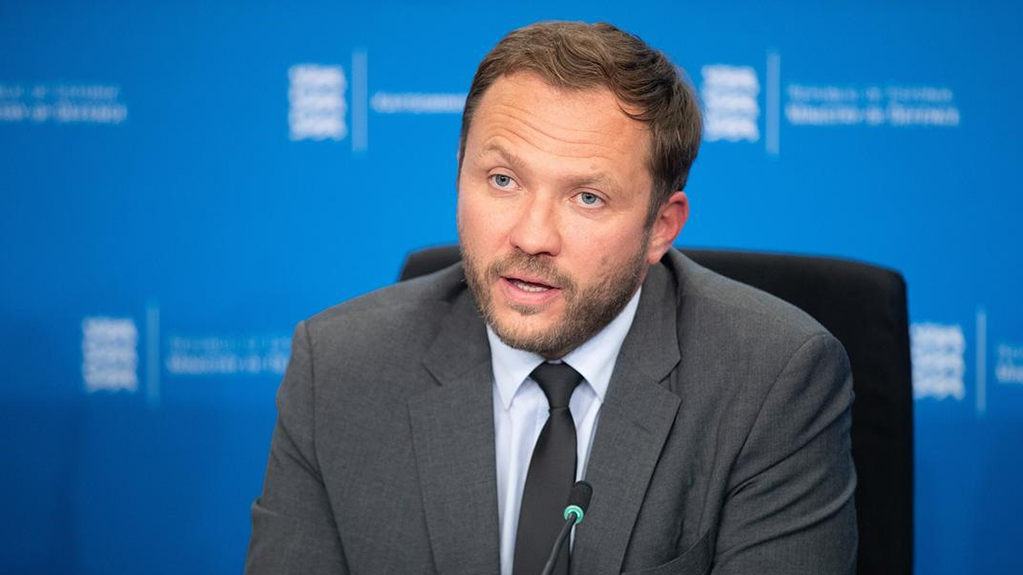Margus Tsahkna, Minister of Foreign Affairs of Estonia, stated that Georgia is heading in the wrong direction. Tsahkna made this announcement in Luxembourg, where negotiations on the accession of Ukraine and Moldova to the European Union will be officially opened today.
News
"Today is a very important day. We are officially starting negotiations with Ukraine and Moldova. This is truly a historic day for Estonia, as we joined the EU 20 years ago. The enlargement process is a strategic and natural part of the issue for us because we should not have gray areas around the EU. It is also very important that we continue the expansion process in the direction of the Western Balkans.
Unfortunately, Georgia is heading in the completely wrong direction. Yesterday, we also discussed the situation in Georgia. On the one hand, it is very sad; on the other hand, not so much, because we decided to halt Georgia's process towards the European Union. There will also be decisions about financing, hopefully about diplomatic passports to prevent entry into Schengen, and many other sanctions," said Margus Tsahkna, noting that he is very worried about Georgia, as more than 80 percent of the people want to join the European Union.
Georgia was one of the main issues discussed at yesterday's meeting of the Council of Foreign Affairs, chaired by the High Representative of the European Union, Josep Borrell. After the meeting of foreign ministers, Borrell clearly stated that the Russian law on so-called foreign agents separates Georgia from the European Union. If the government does not change its course of action, the country will not be able to move forward on the path to the European Union. Borrell also spoke about possible measures, noting that the European Union will reduce political contacts with Georgia, consider suspending financial aid to the government, and review the support of the European Peace Facility.
One country considers that this kind of law does not jeopardise at all the European path of Georgia. You can imagine. You do not have to force your imagination too much in order to [guess]. Yes, some measures require unanimity. A political assessment does not require unanimity. To decrease the level of political outreach does not require unanimity – everybody will do it, if they like it. I suppose that the 26 [Member States] will do [it]. To hold the financial assistance to the government is something that once there are two thirds of the Council supporting it, it is for the Commission to implement it,” Borel said, noting these measures can be applied immediately.















